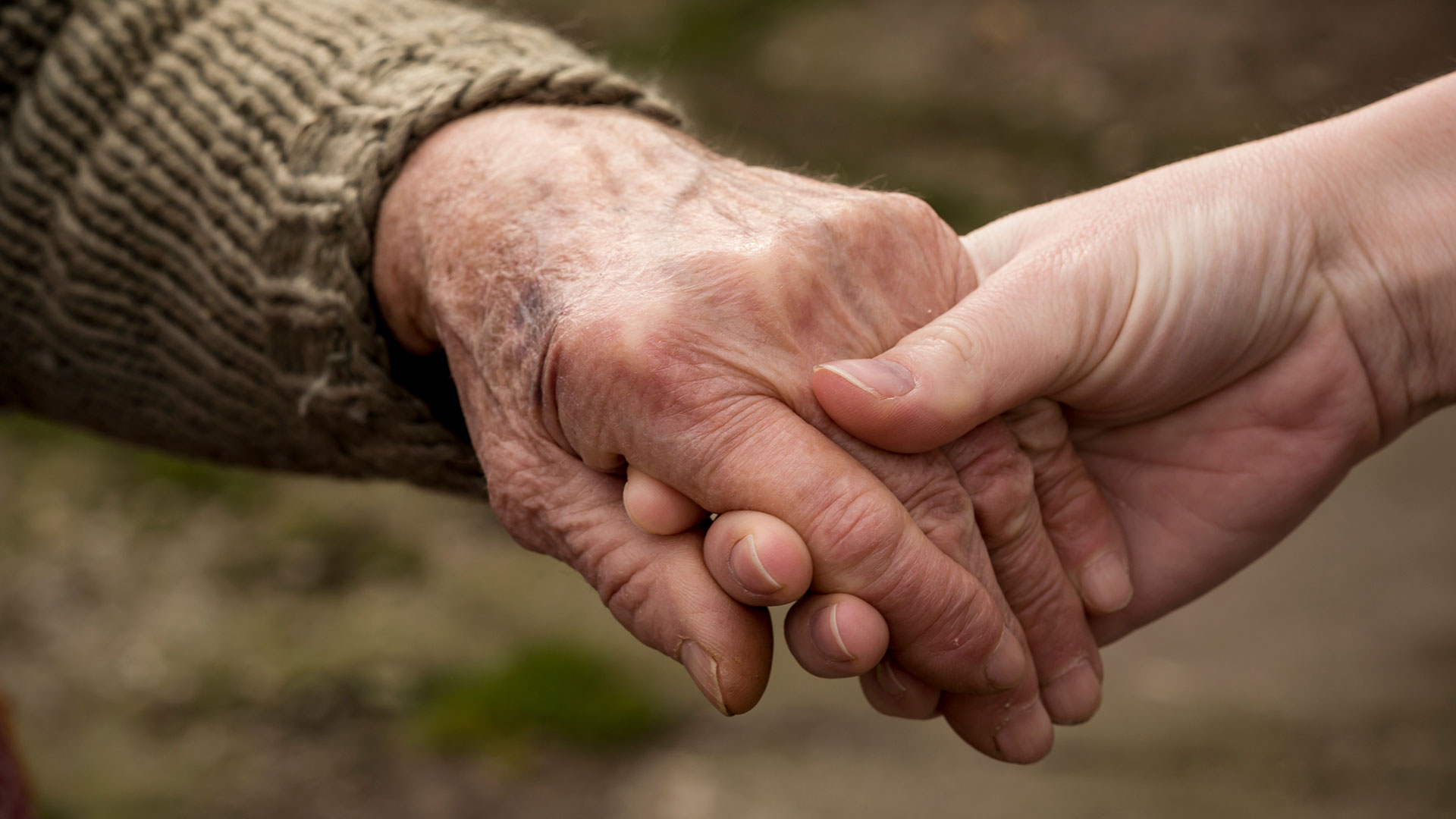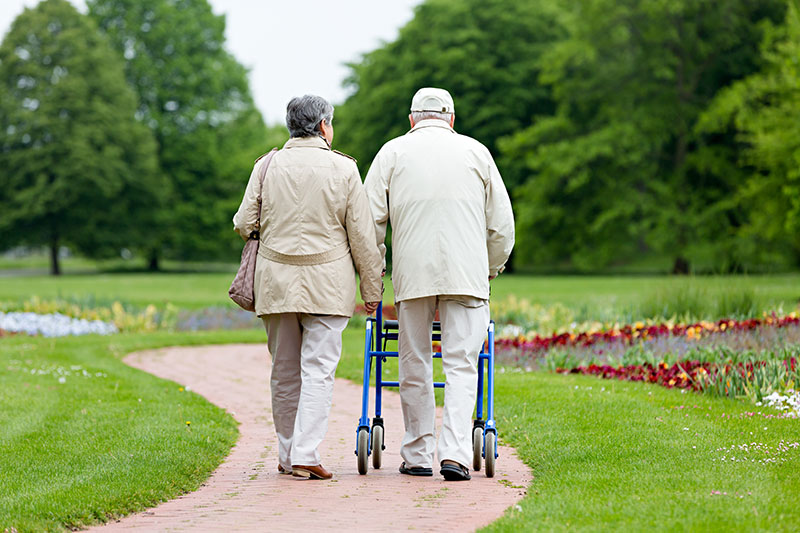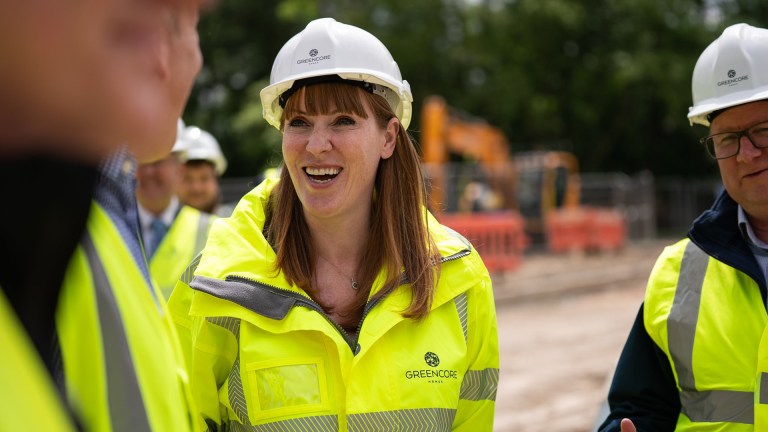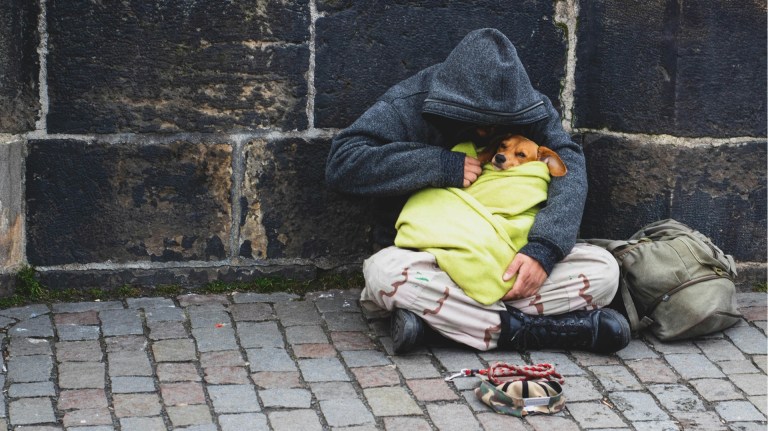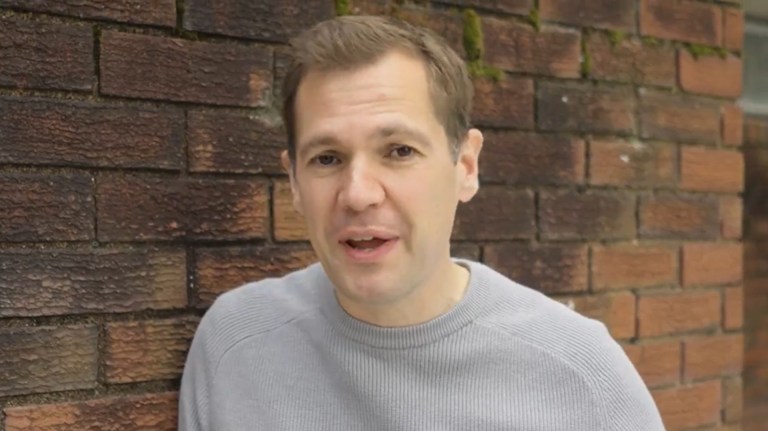And the key message was that the LGA are anticipating councils to be put under additional pressure in providing housing and social care for an ageing population.
As a result, the group is calling for the government to address the undersupply in specialist housing for older people as well as adapting the welfare reforms to reduce the risk of homelessness.
They are also arguing that councils should be able to borrow to invest in new council housing to increase supply, boost home ownership and reduce homelessness.
Prime Minister Theresa May has made some headway in the sector with the announcement of a £3.2 million fund to reduce homelessness in Greater Manchester this week.
In Wales, the recent focus has been on youth homelessness with a £500,000 cash injection to help tacking the issue alongside the £2.1 million previously invested in preventing homeless this year.
Cllr Izzi Seccombe, chairman of the LGA’s Community Wellbeing Board, said: “Traditionally homelessness is associated with young people and it is a tragic fact that a person suffering homelessness lives to an average age of only 47.
Advertising helps fund Big Issue’s mission to end poverty
“But we are facing a ticking time bomb in older homelessness, with an alarming rise in the number of older people becoming homeless. While the actual numbers are relatively low, at the current rate, this will spiral in just a few years.
“Homelessness is not just a housing issue. Homelessness and ill-health are intrinsically linked, and this is especially evident in elderly people.
“For example, older people experiencing homelessness are more likely to suffer from depression or dementia, which has wider implications for social care and health services.
“Councils want to end homelessness by preventing it happening in the first place, we need government to allow councils to build affordable homes and to adapt welfare reforms to ensure housing remains affordable for low-income families.”
The reasons behind homeless in the latter years of life are twofold with complex health conditions, the death of a relative and accommodation being sold or needing repair just as likely to result in homelessness as mental health problems, substance abuse and gambling problems.
In fact, older people experiencing homelessness are more likely to have difficulties with mental illness or depression, according to the LGA.
Advertising helps fund Big Issue’s mission to end poverty
Local authorities also cite the imbalance between rapidly increasing rent and stagnating household incomes as key factors driving the increase in older people on the streets.
Watch the Pride special collection.
Our LGBTQ+ film playlist offers a new and interesting angle on LGBTQ+ love and struggle – giving an international overview by taking us inside some of the most and least sexually liberated countries in the world.
Sign Up Now 